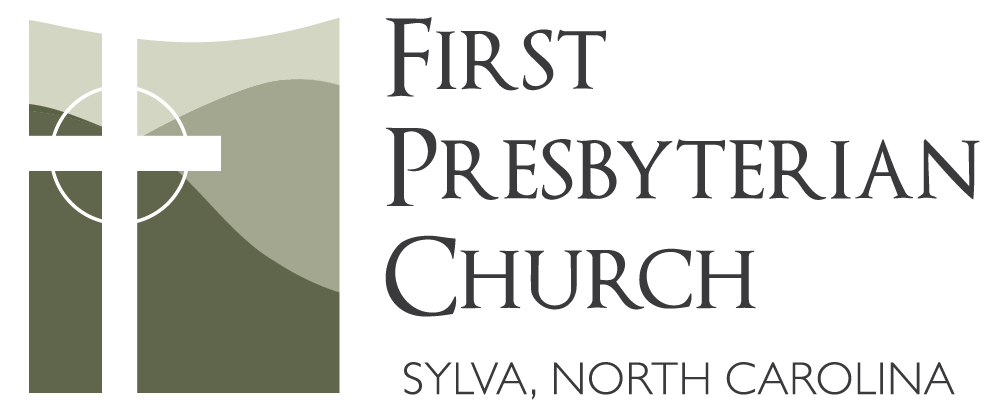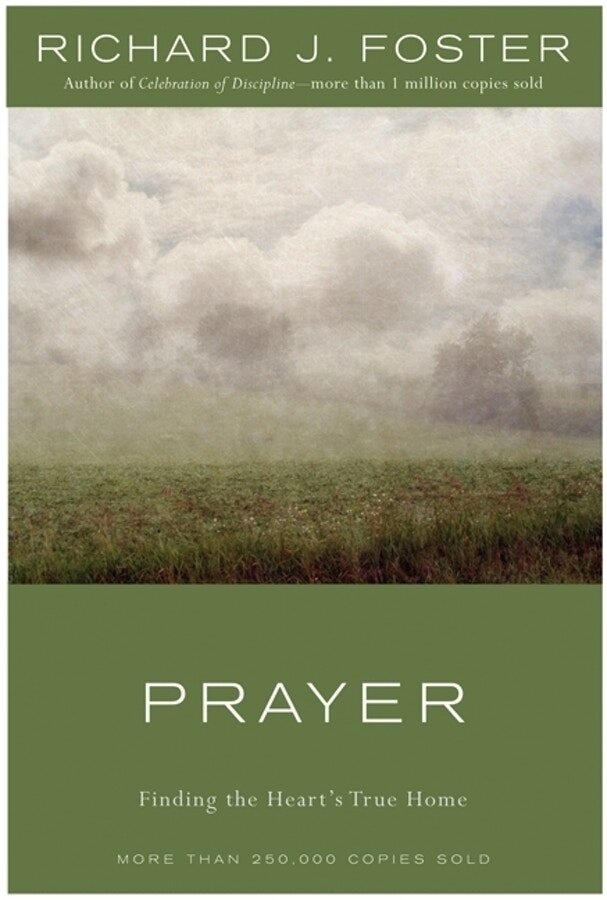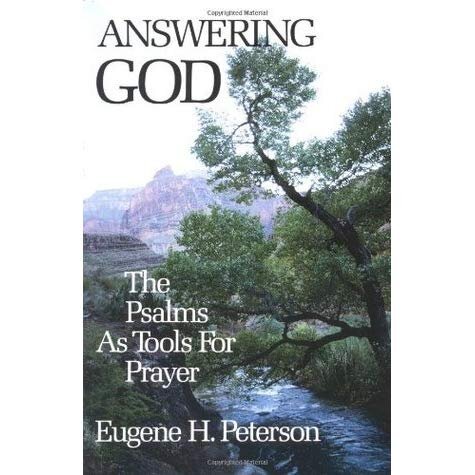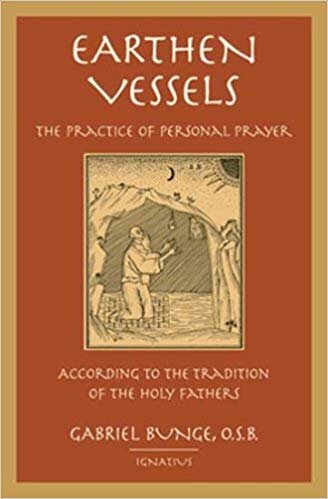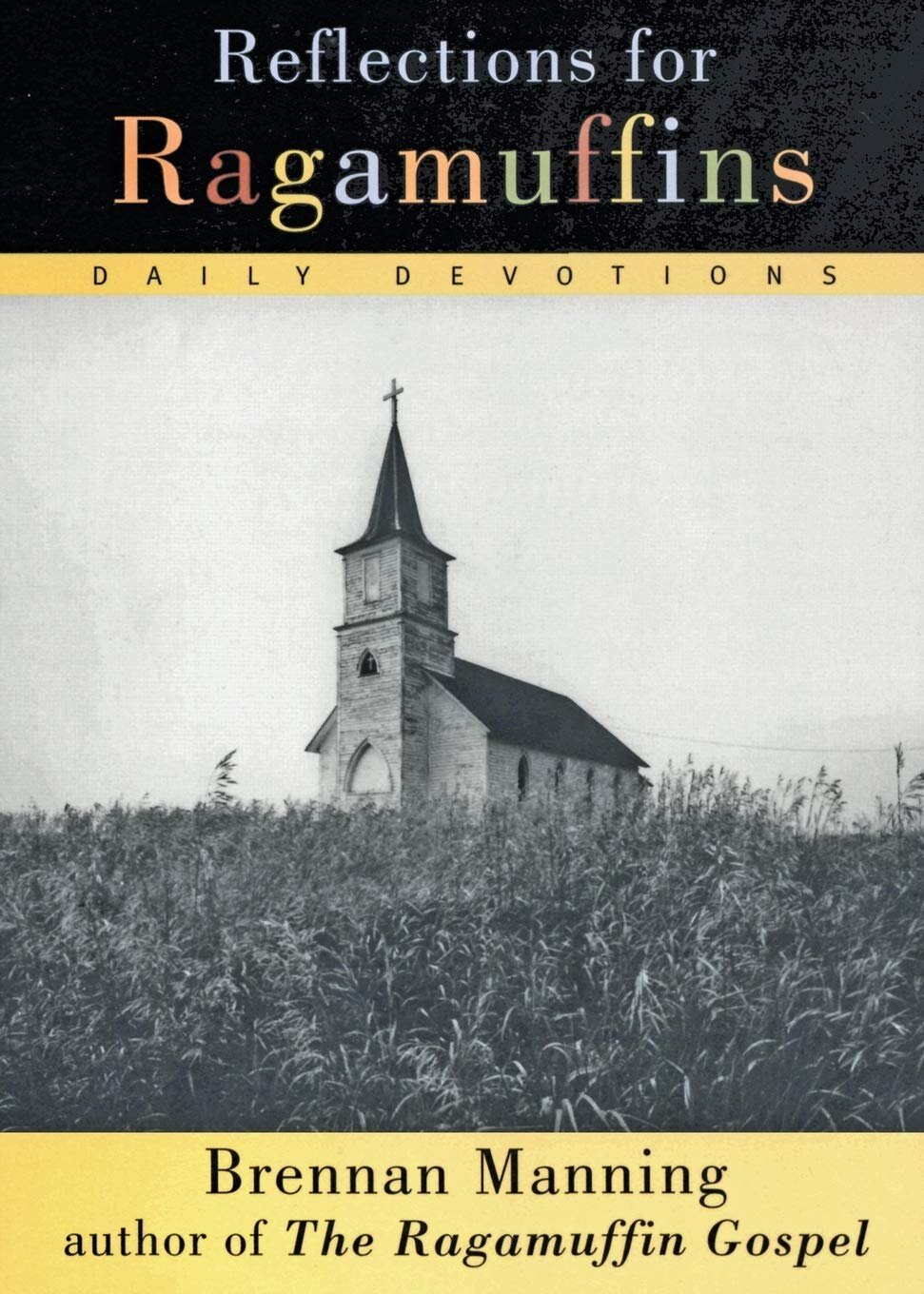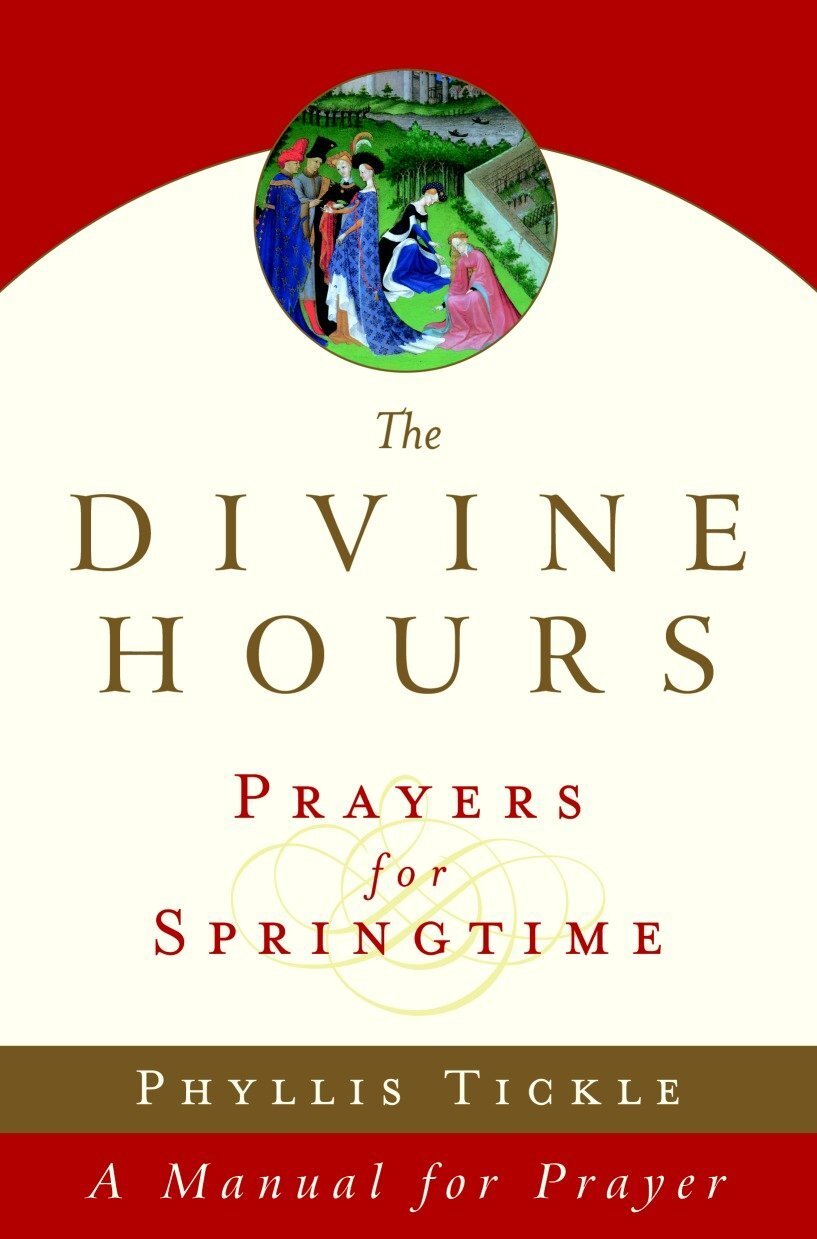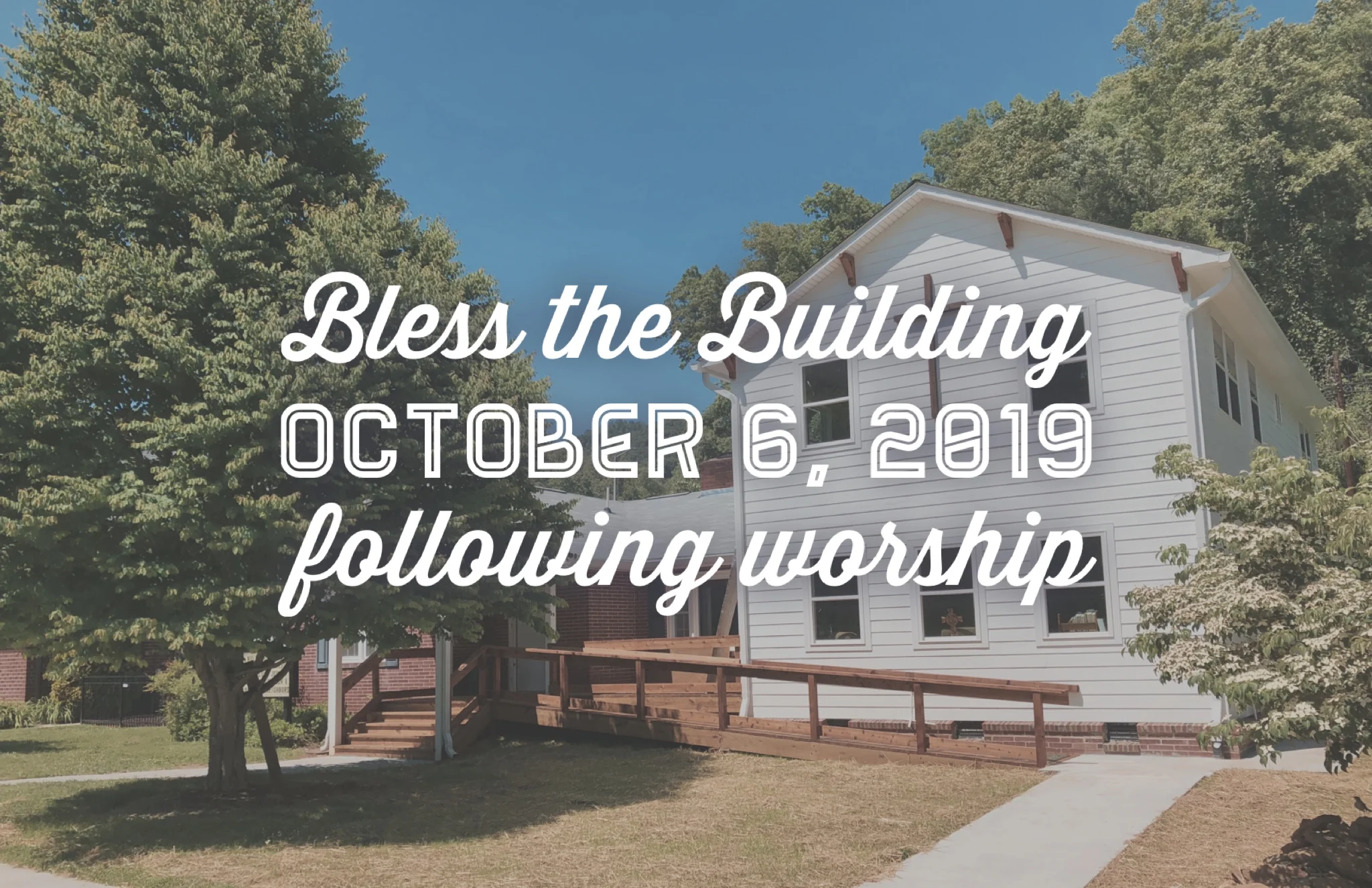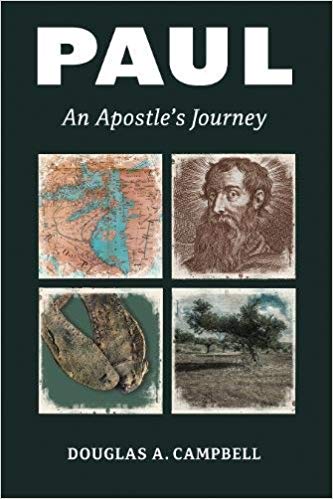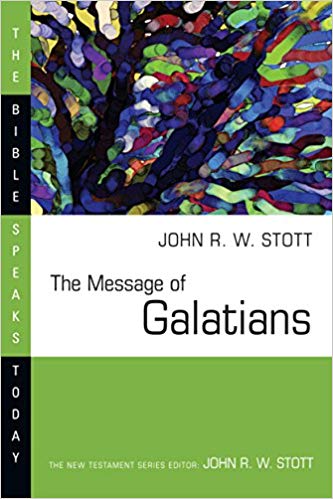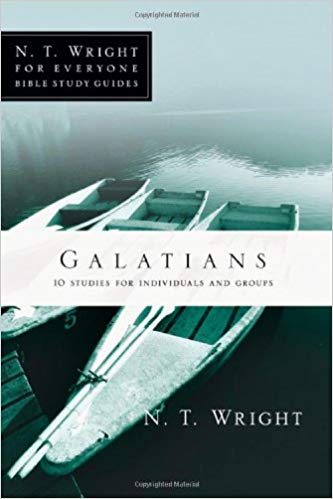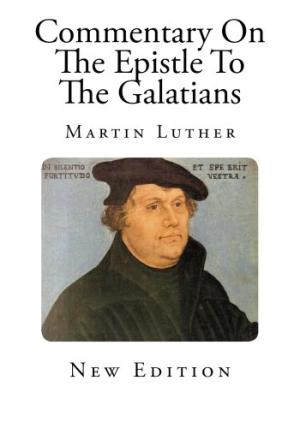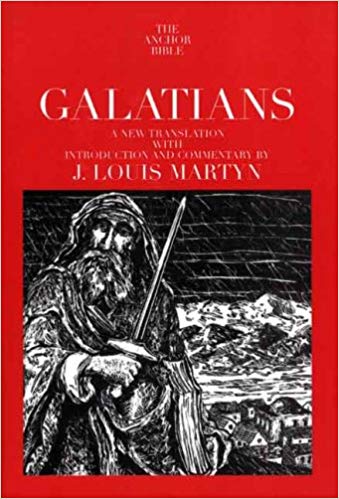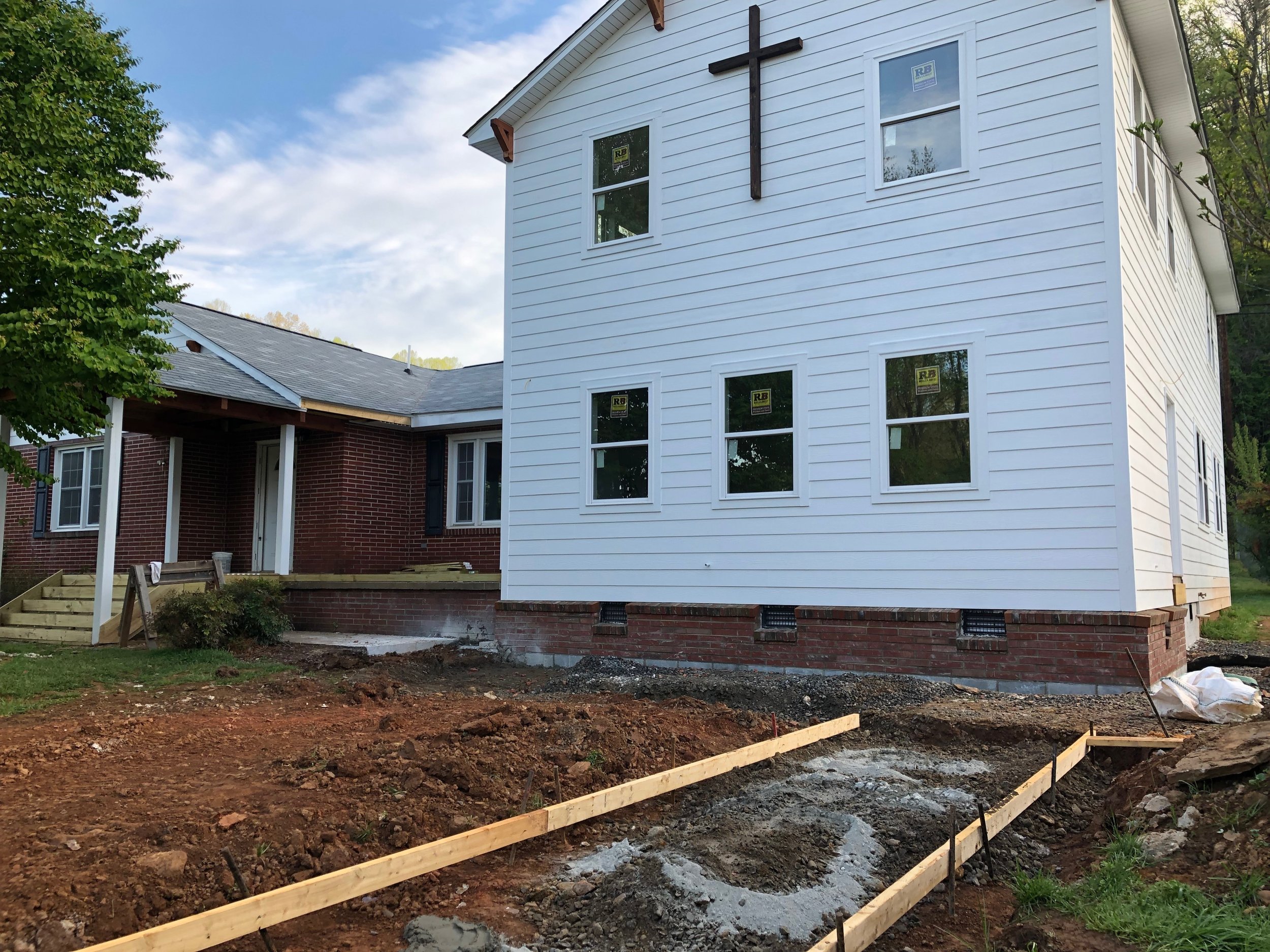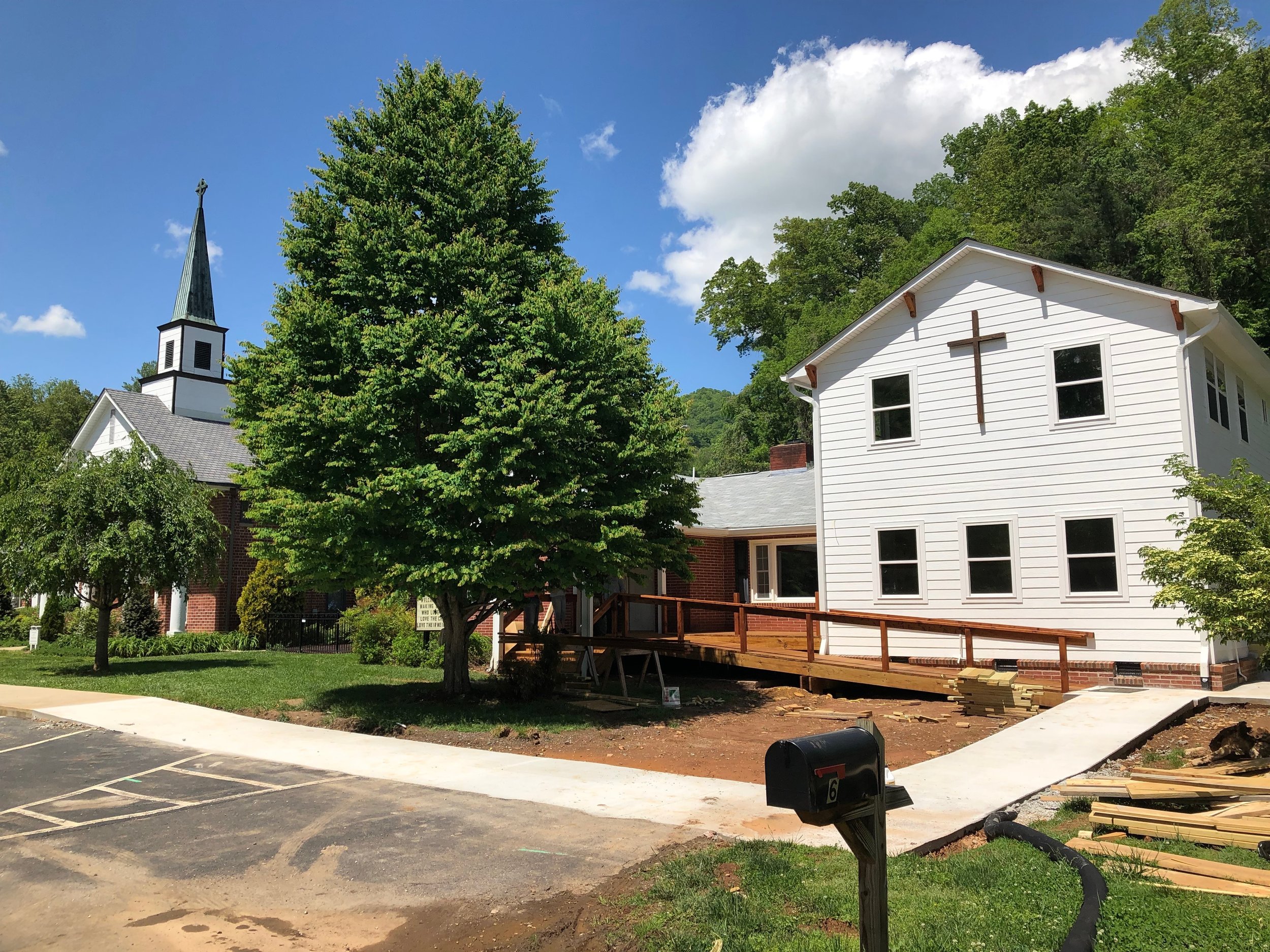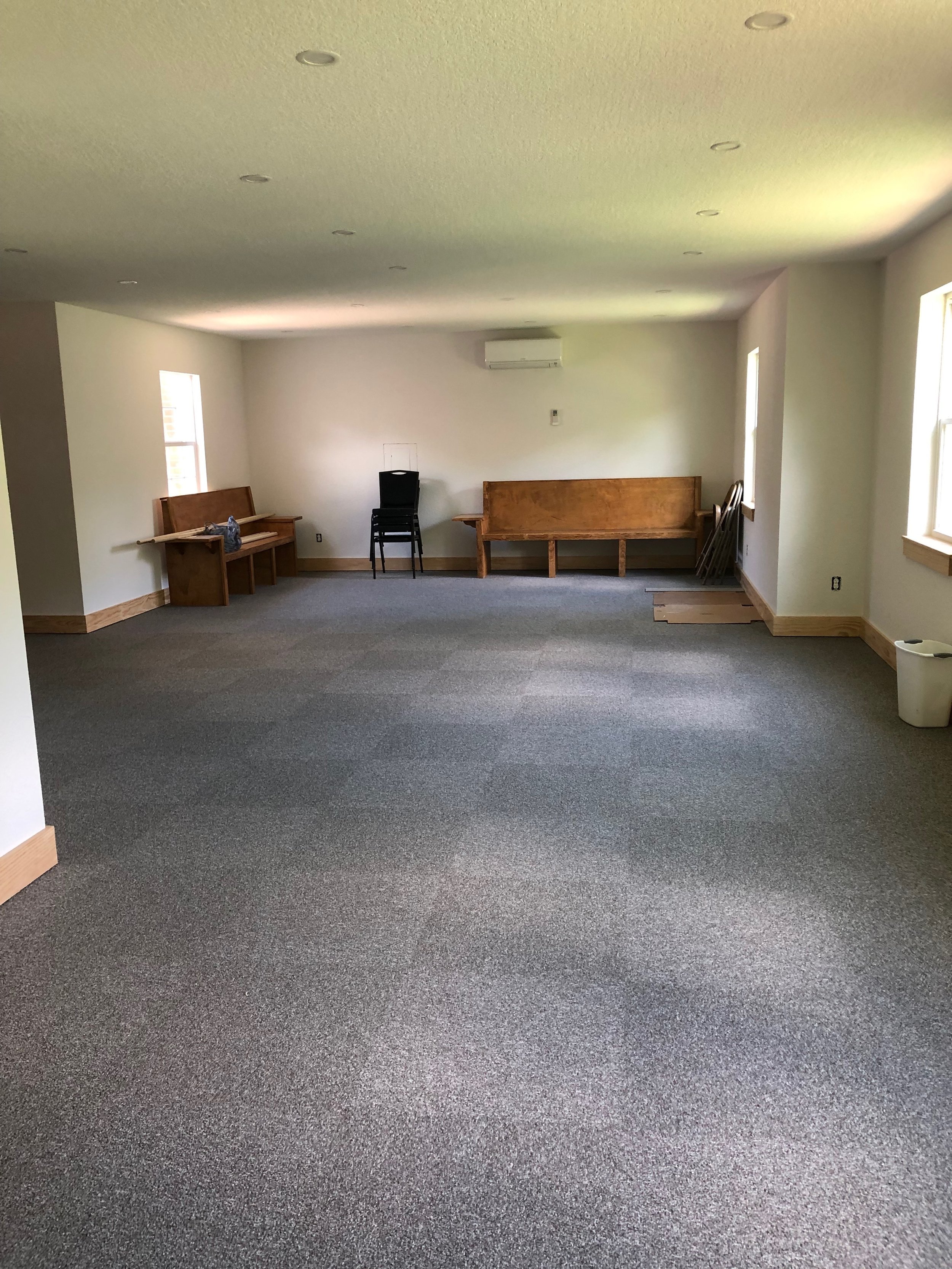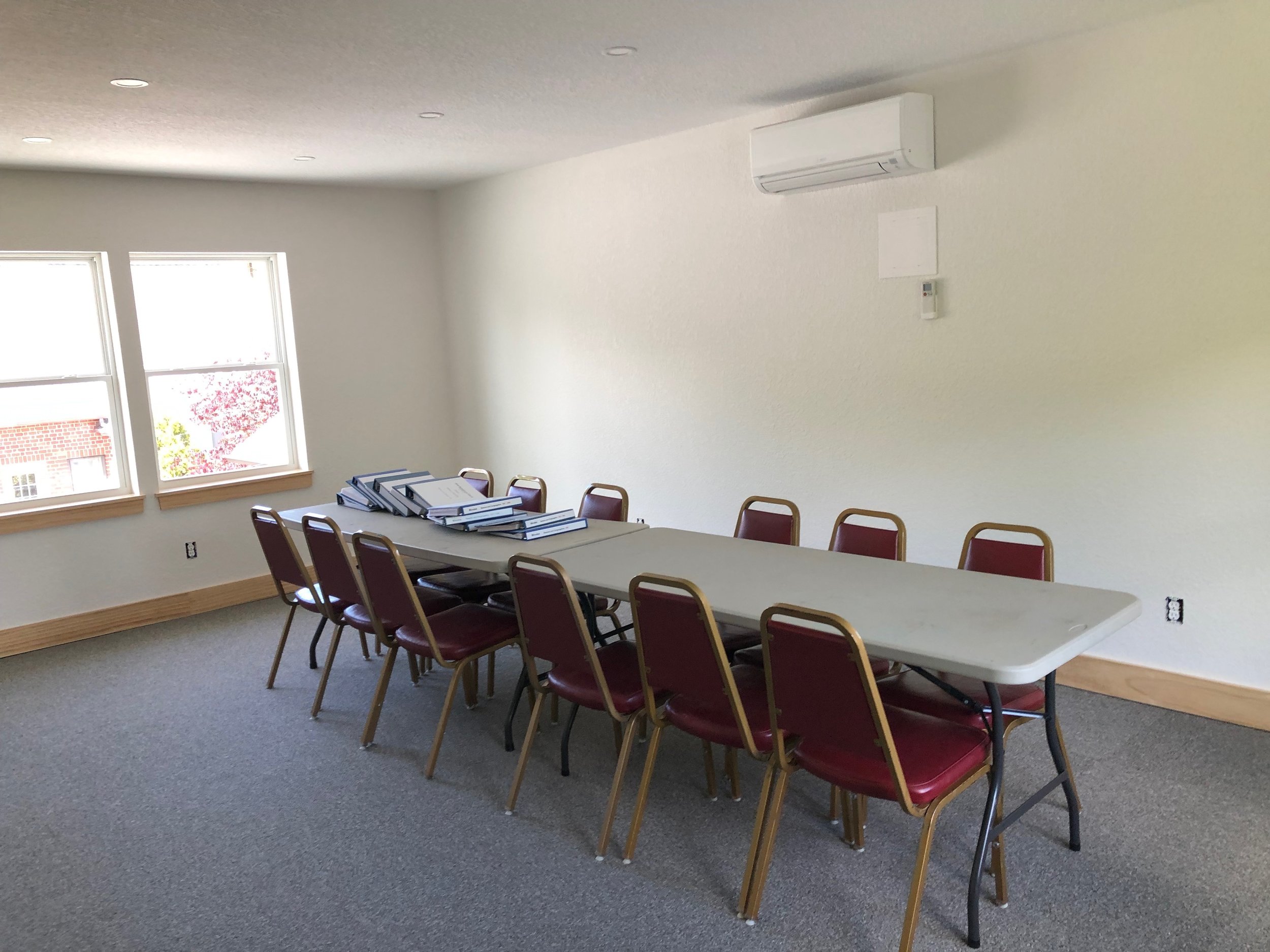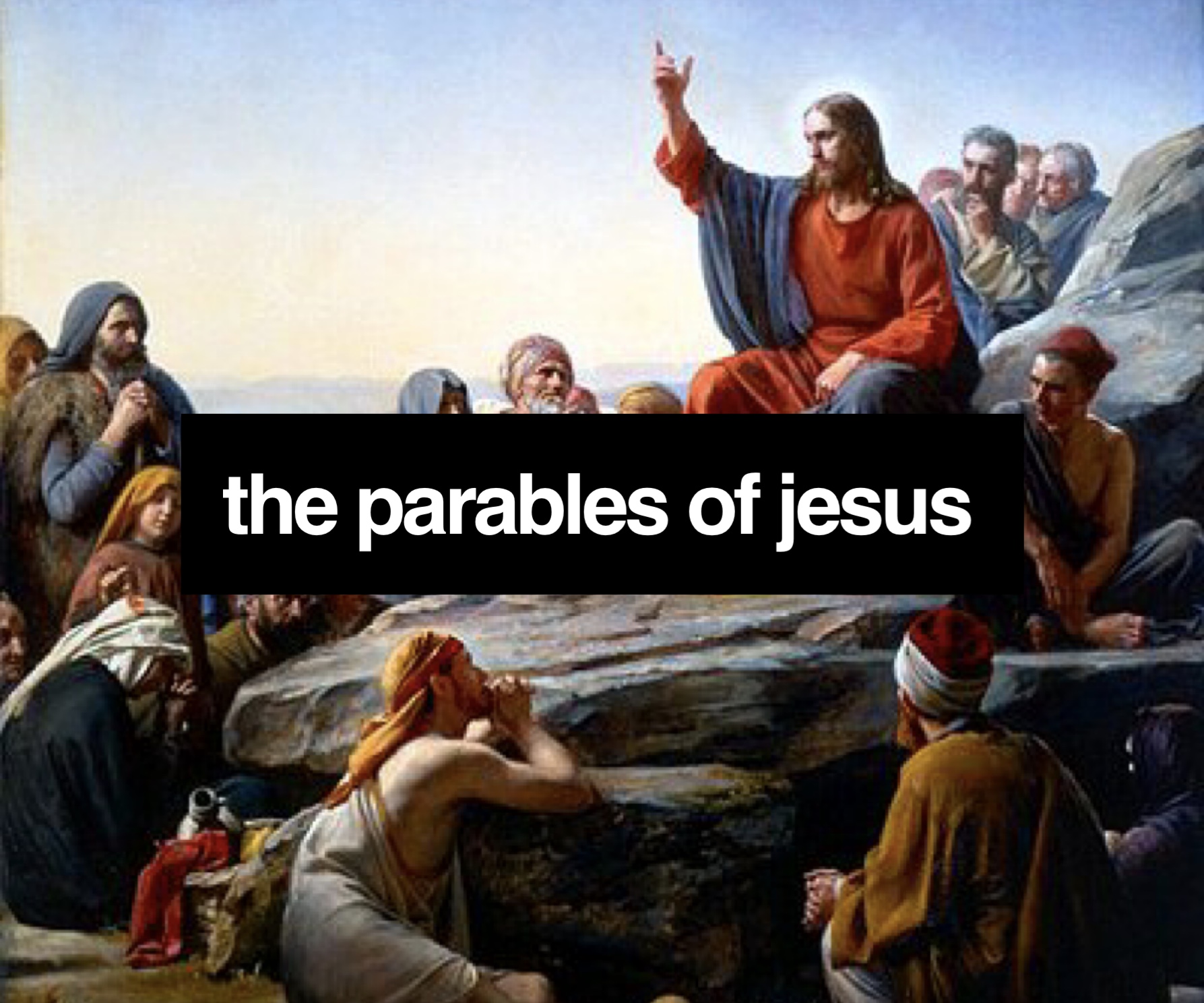Today we start a new segment of our sermon series on prayer, focusing on the Lord’s Prayer in Matthew 6:9-13. Jesus teaches us to pray with intimacy, intentionality, and integrity — using the words of his prayer as stepping stones on the way of the Spirit.
Need a challenge for the upcoming season of Lent? Want to go deeper in your walk with God? Find a quiet place, inside and out, and pray the Lord’s Prayer every single day. Here’s a guide to help you along the way…
The Lord’s Prayer
Our Father in heaven, hallowed be your name…
Begin by acknowledging first and foremost who you’re talking to. God is your heavenly Father, your Abba, the holy one who created you and adopted you as a son or daughter through Jesus and by the Holy Spirit. Your Father loves you and desires for you to respond to him in love, trust, and obedience through prayer.
Your kingdom come, your will be done, on earth as it is in heaven...
Submit your desires to your Father’s desires. Reflect on the characteristics of his heavenly kingdom as taught by Jesus, and then pray that those characteristics would come to life in this earthly reality like ripples on a pond: in your heart, in your relationships, in our community, and in the world. “As above, so below.”
Give us today our daily bread…
Ask your Father to feed you with physical provision (food, clothing, friendship, and other sustenance) as well as spiritual provision (the truth of his Word and the companionship of his Spirit). Then intercede for others whom you know are running on empty. Jesus says we don’t have because we don’t ask – so ask with boldness and humility.
Forgive us our debts, as we also have forgiven our debtors…
The good news of the gospel is that while we were sinners, Jesus died for us. Ask the Father to help you believe this good news. Recognize your sin and remember his grace all the more. Then ask for help in forgiving others and asking for their forgiveness in return. A heart of forgiveness is a heart that’s set free!
Lead us not into temptation, but deliver us from the evil one…
Ask your Father to help you recognize the many roadblocks, temptations, detours, and demonic dangers that threaten to keep you from following Jesus. Ask for his Spirit to protect you and lead you as you walk “in the world but not of the world.” And then ask the same thing for your brothers and sisters in Christ and for the church across the globe. We travel together on the dusty road of discipleship.
For thine is the kingdom and the power and the glory, forever. Amen.
The goal of life is to glorify God and enjoy him forever. Give thanks to your Father for the beauty of who he is, and for the marvelous invitation that he’s extended to you, through his Son and by his Spirit, to join in his life of love. Go forth in peace.
Click here for a PDF copy of this guide.
